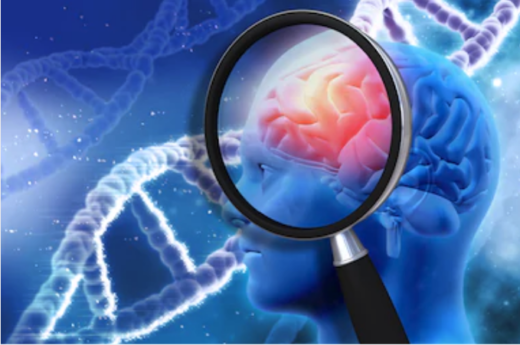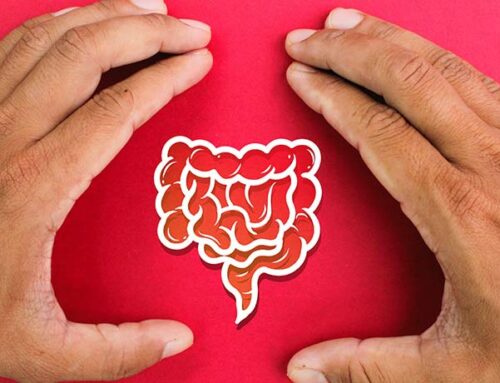We now know that commensal human microbiota is not a mere bystander but have co evolved with us playing pivotal role in normal human development and physiology. Most recent studies are revealing novel findings on how gut microbiome specifically modulate some debilitating brain diseases. Gut microbiota analysis of Alzheimer’s disease (AD) patients shows an increase of Escherichia and Shigella and a decrease of Eubacterium rectale (1).
Altered gut microbiome and gut barrier function may result in increased lipopolysaccharide (LPS) perfusion to systemic circulation increasing inflammatory pathways which, in turn, increase amyloid beta levels, damage oligodendrocytes and produce synaptic injury in AD brain.
Other studies have showed an increase of Lactobacillus, Bifidobacterium, Verrucomicrobiaceae and Akkermansia, and a decrease of Faecalibacterium, Coprococcus and Prevotella in Parkinson’s disease, another debilitating brain disease (2). The translocation of pathogenic microbial fragments and the inflammation induced by LPS may very well be a factor in the pathology of Parkinson’s. Further, the preliminary results from American gut project – the largest microbiome study- revealed that people with neurological health conditions, including depression, schizophrenia, PTSD or bipolar, had similar gut bacteria signature (3).
There is also growing clinical evidence that gut microbiome modulates psychiatric disease such as bipolar disorder. A study published in June from John Hopkins University School of Medicine shows striking clinical benefits on how patients using probiotics could help patients discharged from hospital after manic flare-up (4). The patients taking probiotics had lower readmission rates and lower inflammation score compared to patients who were not taking probiotics.
The notion of ‘gut-brain axis principle’ is becoming more robust not only from a pathological standpoint but also from a translational science view. Because of the convergence of the anti-inflammatory and neuroprotective properties of gut microflora, a great deal of interest has been generated on medical effects of microbiome modulating components to slow or halt the progression of brain diseases.
Key things that you can do to positively modulate your gut microbiome that may reduce systemic endotoxemia:
- Diversified gut microbiome: A diversified and balanced gut microbiome has a direct impact on enhancing the gut barrier function.
- Diet diversity: A diverse diet is directly related to diverse gut flora. Inclusion of polyphenol and flavonoid containing fruits and vegetable can directly increase the diversity of your gut flora. Broccoli, avocados, tomatoes, blueberries, pomegranates, and chia seeds are exceptional gut flora health enhancing foods. Small servings of different varieties at regular intervals are better than large servings.
- Low glycemic foods: Because sugar and high glycemic food can directly perturb intestinal barrier function, it is key to follow low glycemic foods. The best thing to do is focus on lowering your consumption of sugar from all sources, including processed foods, grains and fruits.
- Inclusion of functional fibers: Dietary inclusion of certain functional fibers such as psyllium, pectin, peafiber and mango fibers can not only improve glycemia but also a favorable composition of gut microbiota.
- Dietary supplements: A good microbiome-diversifying probiotics(5), omega-3 fish oil and vitamin D3 are important regimen for gut barrier function. A turmeric + ginger (5) based supplement or food can go also go a long way in enhancing the gut barrier function.
References and links




